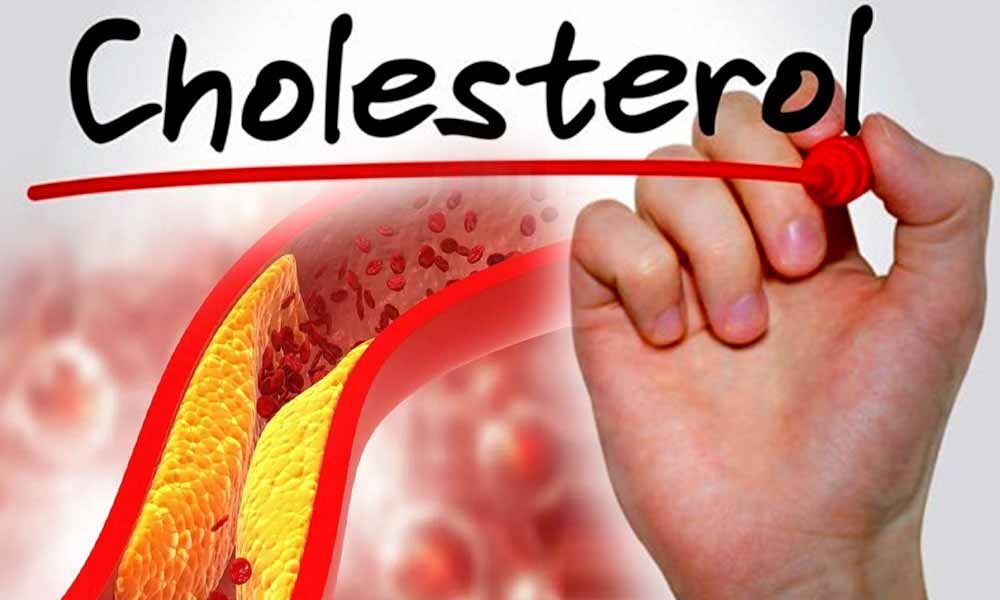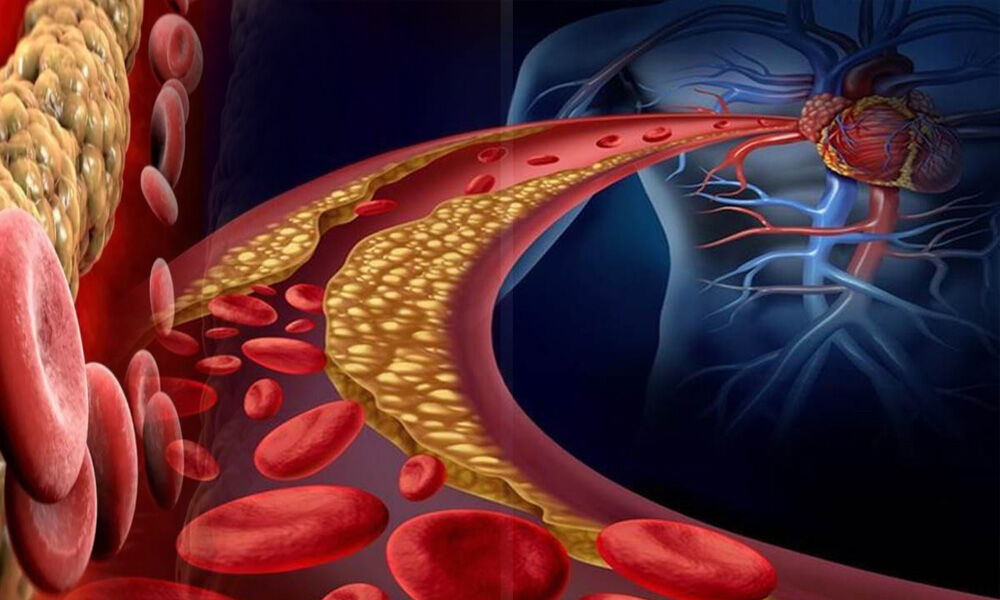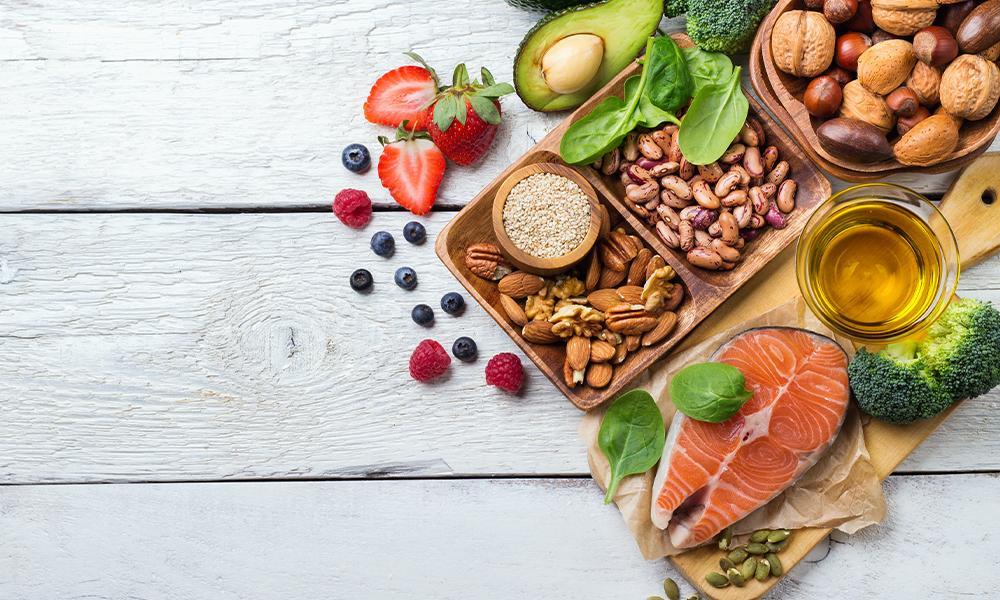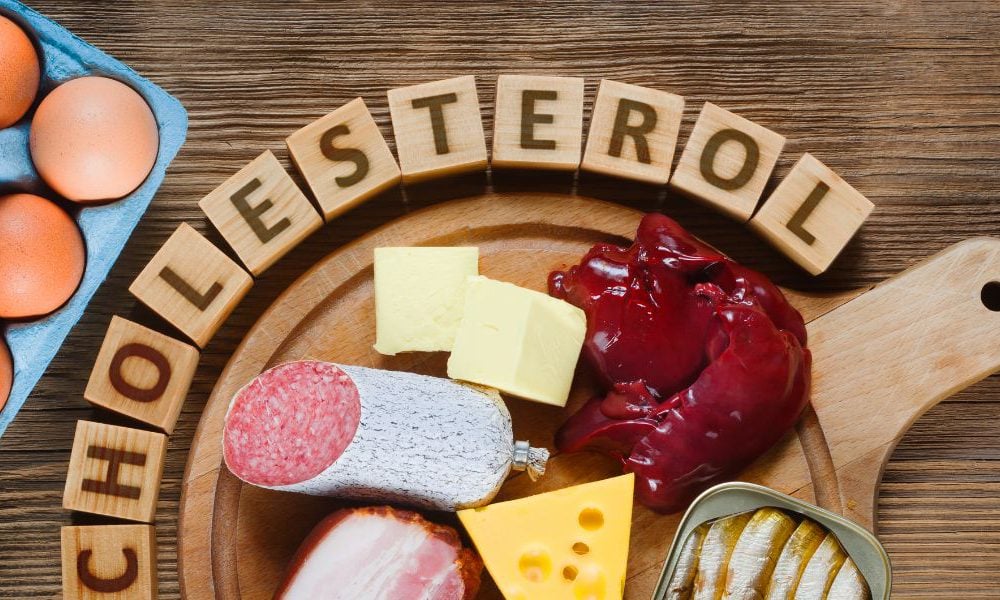Cholesterol is a type of fat that is essential for the proper functioning of our bodies. However, having too much cholesterol in our blood can increase the risk of heart disease and stroke. Plant sterols and stanols are natural compounds found in plants that have been shown to help lower cholesterol levels.
What are Plant Sterols and Stanols?
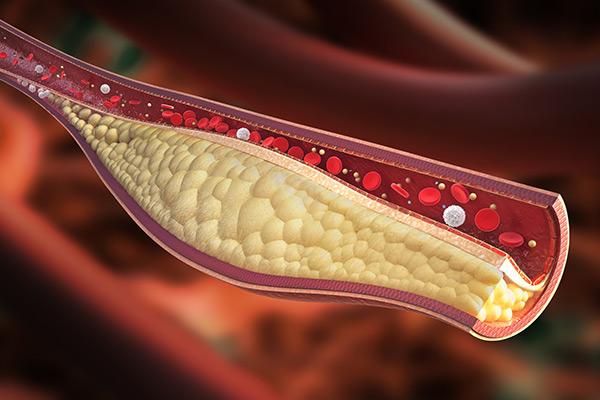
Plant sterols and stanols are naturally occurring compounds found in plants. They are structurally similar to cholesterol and compete with it for absorption in the small intestine. This means that when we consume plant sterols and stanols, they can help reduce the amount of cholesterol that is absorbed by our bodies.
How do Plant Sterols and Stanols Work?
Plant sterols and stanols work by reducing the absorption of cholesterol in the small intestine. They do this by competing with cholesterol for absorption into the bloodstream. When plant sterols and stanols are present in the small intestine, they block the absorption of cholesterol, which means that less cholesterol is absorbed into the bloodstream.
Food Sources of Plant Sterols and Stanols
Plant sterols and stanols are found naturally in a variety of foods, including:
- Nuts and seeds
- Vegetable oils
- Fruits and vegetables
- Whole grains
- Legumes
In addition, there are a number of fortified foods available that contain added plant sterols and stanols. These include margarine, orange juice, and yogurt.
How Much Plant Sterols and Stanols Should You Consume?
The National Cholesterol Education Program recommends consuming 2 grams of plant sterols and stanols per day to help lower cholesterol levels. This can be achieved through a combination of natural food sources and fortified foods.
Are Plant Sterols and Stanols Safe?
Plant sterols and stanols are generally considered safe for most people. However, some people may experience gastrointestinal side effects such as diarrhea or constipation. In addition, people who are taking cholesterol-lowering medications should talk to their healthcare provider before consuming plant sterols and stanols.
The Bottom Line
Plant sterols and stanols are unsung heroes in cholesterol management. They work by reducing the absorption of cholesterol in the small intestine, which can help lower cholesterol levels. By incorporating foods that are rich in plant sterols and stanols into your diet, you can help improve your heart health and reduce your risk of heart disease and stroke.


